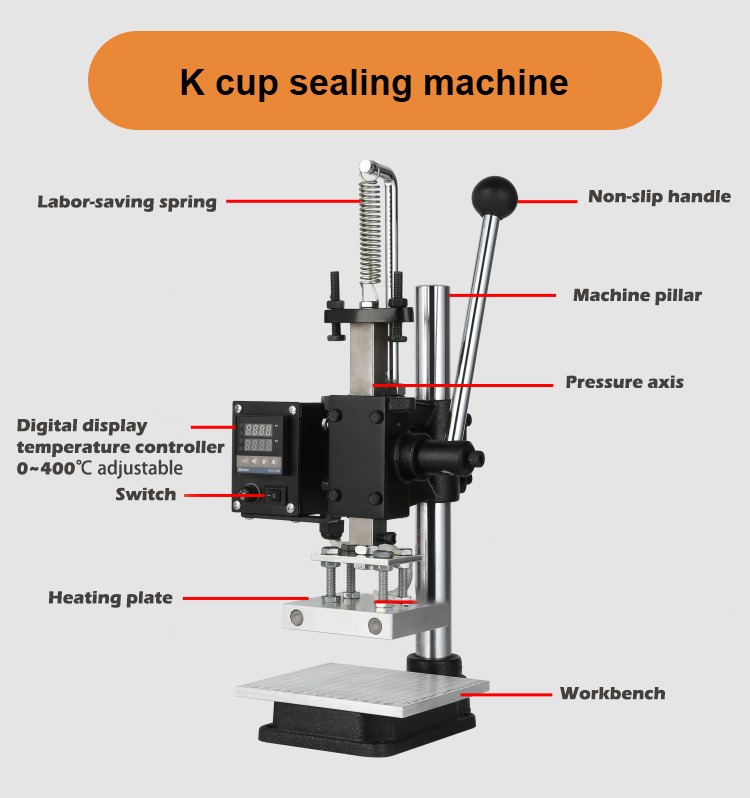BioteCH4 has welcomed councillors and local authority staff to their site in March, near Cambridge, to raise awareness of the benefits of food waste recycling.
BioteCH4 uses Anaerobic Digestion (AD) to turn food waste into energy which then goes back into the national grid. The process also produces biofertiliser, a nutrient-rich organic material used to fertilise farmland.
The Local Generation site processes around 134k tonnes of waste of food waste each year, turning it into 68 GWh of power which is enough electricity to power 23,448 homes.*
The visit was organised with the Anaerobic Digestion and Bioresources Association (ADBA) to help local authorities to better understand the environmental and energy benefits of processing food wastes through AD. Representatives from WRAP also attended.
The event was held in anticipation of DEFRA announcing the deadline for all local authorities to implement food waste collection services.
During the visit, councillors toured the site to see how an AD plant works and ask questions ranging from “what vehicle or bin should we use to collect food waste?” to “How do you inject gas into the grid?” They also saw the reception hall where waste is tipped and spoke to staff.
Pamela Woolcock, Group Public Sector Lead at BioteCH4, said: “Millions of tonnes of food waste are thrown away each year and food waste collections are an important part of how we deal with this environmental burden. However, for some councils, this service will be new and there some specific challenges which need to be addressed. We were delighted to welcome local authority councillors and officers to see first-hand both the challenges that need to be addressed and importantly the benefits that AD can bring to them as an organisation and our society.”
Jo Goad, Policy Analyst, of ADBA, said: “AD is the most sustainable process for recycling food waste and can provide a strategic solution to the energy crisis and the escalating cost of fertiliser. Additionally, at its full potential, the AD and biogas industry could also reduce annual greenhouse gas emissions by six per cent.
“As we wait for confirmation of when local councils and businesses must implement food waste collections, we felt it was important to invite local authorities to food waste recycling sites where they could see the benefits first-hand.”





